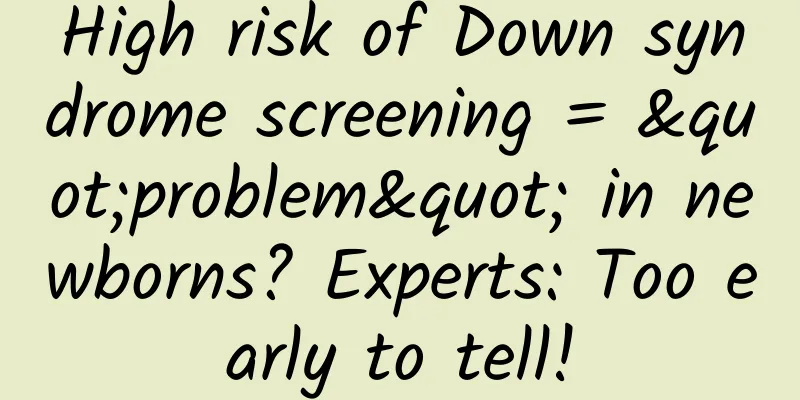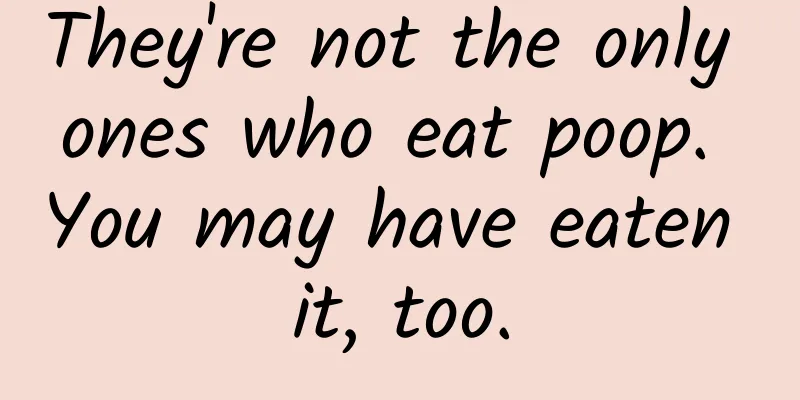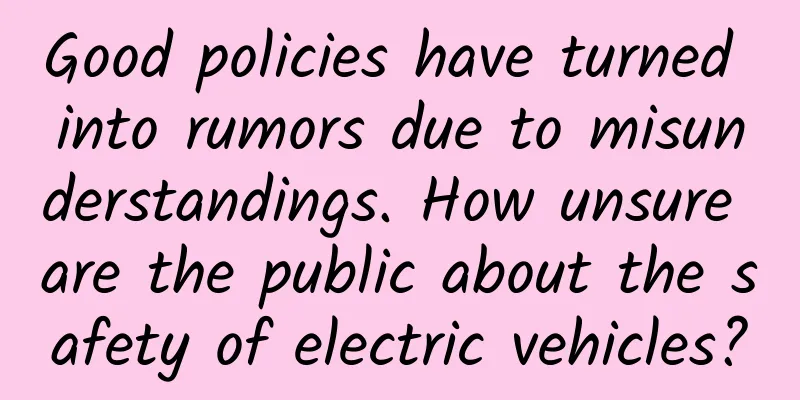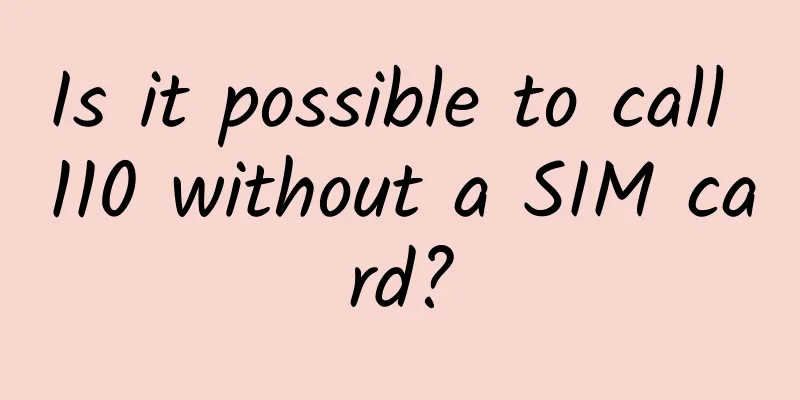High risk of Down syndrome screening = "problem" in newborns? Experts: Too early to tell!

|
"The Down syndrome screening is high risk, the baby born will definitely have problems!" During prenatal checkups, some people think that there will definitely be problems with their baby when they see that the Down syndrome screening result is high risk. Rumor Analysis This statement is not rigorous enough. Down syndrome screening is just a screening method, not a diagnostic report. If a pregnant woman's Down syndrome screening shows a high risk, the most reasonable step is to conduct further tests to confirm whether there is really a chromosomal problem. It does not mean that the child must have a problem. Similarly, the Down syndrome screening results only indicate that the fetus is less likely to have chromosomal abnormalities, but do not completely rule out all risks. Down syndrome, also known as trisomy 21, is the most common chromosomal disease. It is caused by an extra chromosome 21 and may cause a series of physical and intellectual development problems. Patients with Down syndrome have severe and irreversible intellectual disabilities, cannot take care of themselves, and need long-term care. They are often called "Down children" or "Down babies". The incidence of Down syndrome is 1/800 to 1/600. Since Down syndrome is one of the most common genetic abnormalities, it is crucial to identify high-risk individuals early. Prenatal screening and prenatal diagnosis are effective ways to prevent Down syndrome. Down syndrome screening (abbreviated as Down screening) is a key pregnancy test used to assess whether the fetus is at risk of Down syndrome or other chromosomal abnormalities, such as trisomy 18 (Edwards syndrome). So if Down screening indicates "high risk", does the fetus have problems? Down syndrome screening high risk Is there something wrong with the fetus? Let me first state the conclusion. The fact that some pregnant women show a high risk in Down syndrome screening does not necessarily mean that there will be something wrong with the baby. The results of Down syndrome screening are based on data analysis and only indicate a certain possibility, not a confirmed report. The so-called "high-risk" result only means that compared with the general population, the probability of a pregnant woman having a "Down syndrome baby" is higher. This assessment result is usually presented in the form of a ratio (such as 1:100) and is not a confirmation of chromosomal abnormalities. Down syndrome screening is just a screening method, not a diagnostic report. Copyrighted stock images, no reproduction is authorized Simply put, the results of Down syndrome screening will be affected by many factors such as the age of the pregnant woman, the number of weeks of pregnancy, and the level of specific markers in the blood, resulting in certain deviations. Therefore, in the face of high-risk results, the most reasonable step is to conduct further examinations to confirm whether there is really a chromosomal problem. In fact, many fetuses with high-risk Down syndrome screening results can rule out related risks through further examinations, and do not carry any chromosomal abnormalities after birth, so there is no need to be overly anxious if they are found to be "high risk". Is it okay if the Down syndrome screening result is passed? Some people may think that if their Down syndrome screening results pass, their children will be fine. A passing Down syndrome screening result means that the fetus is less likely to have chromosomal abnormalities, but it does not completely rule out all risks. Down syndrome screening is a pre-screening, not a diagnostic method, so even if the result shows "low risk", it does not mean that there is no risk at all. A "low risk" result means that the fetus is less likely to be ill relative to the set risk threshold (such as 1:270). However, in a few cases, even if the Down syndrome screening shows a low risk, subsequent examinations (such as major fetal malformation screening) may still reveal abnormalities. At this time, further diagnostic tests, such as amniocentesis, are often required to confirm whether there is indeed a chromosomal abnormality. The first Down syndrome screening result was not good Would it be more accurate if I go to a bigger hospital and do it again? Repeating the Down syndrome screening and transferring to a larger hospital may not necessarily provide more accurate results. The accuracy of Down syndrome screening is affected by many factors, not just the location of the test. Since the redo test still uses the same biochemical markers and calculation methods, repeated testing may not necessarily provide more accurate results. Therefore, if the initial Down syndrome screening results indicate a high risk, it is recommended to conduct more in-depth diagnostic testing rather than simply repeating the Down syndrome screening. Repeat testing may only slightly increase the detection rate and may cause some pregnancies that are actually high-risk to be misclassified as low-risk, thereby missing the opportunity for further diagnosis. Copyrighted stock images, no reproduction is authorized Down syndrome screening What should I do if the test shows high risk? When faced with a high-risk result from a Down syndrome screening, staying calm is the first priority. Although this result may cause concern, it does not mean that a diagnosis has been made. Usually, your doctor will recommend further testing based on your situation to obtain a more accurate diagnosis. These tests include non-invasive prenatal testing (NIPT), which analyzes fetal DNA in the pregnant woman's blood for risk assessment. Although it is more accurate, it is still a screening test. In addition, invasive diagnostic tests such as amniocentesis or chorionic villus sampling can provide a confirmed result. It is recommended that you receive genetic counseling before undergoing these tests to understand the significance of the test and possible consequences. In addition, it is equally important to obtain psychological support during this period, which can help you cope with the uncertainty and anxiety while waiting for the results. Looking in the mirror of rumors As the saying goes, too much concern leads to confusion. Pregnant mothers are particularly concerned about the health of their babies. If there is anything wrong with any examination, they will be worried. This feeling is understandable. We can learn more about the relevant knowledge and understand that screening is just a quick and simple test and inspection method to find possible problems. After that, more accurate diagnostic tests are needed to make further conclusions. In many cases, there are risks during screening, and further examinations will eliminate such risks. Therefore, it is recommended to calm down first, follow the doctor's advice to do further examinations, and then make plans based on the results. References [1] UpToDate: Down syndrome: Overview of prenatal screening. [2] Norton ME, Jelliffe-Pawlowski LL, Currier RJ. Chromosome abnormalities detected by current prenatal screening and noninvasive prenatal testing. Obstet Gynecol. 2014 Nov;124(5):979-986. doi: 10.1097/AOG.0000000000000452. PMID: 25437727. [3] Hackshaw AK, Wald NJ. Repeat testing in antenatal screening for Down syndrome using dimeric inhibin-A in combination with other maternal serum markers. Prenat Diagn. 2001 Jan;21(1):58-61. PMID: 11180243. [4] Practice Bulletin No. 162: Prenatal Diagnostic Testing for Genetic Disorders. Obstet Gynecol. 2016 May;127(5):e108-e122. doi: 10.1097/AOG.0000000000001405. PMID: 26938573. Planning and production Author: Weng Ruopeng, attending physician, Zhejiang University Affiliated Obstetrics and Gynecology Hospital Reviewer: Lan Yibing, deputy chief physician, Department of Obstetrics and Gynecology, Zhejiang University Hospital Editor: Yang Yaping Proofread by Xu Lai and Lin Lin |
<<: What "island genes" are hidden in Hainan? Uncovering the geological "epic" of the volcanic coast
Recommend
How to write a competitive product analysis? Here’s a template to use!
If you are in product operations , competitive an...
Samsung's unreleased TV preview: finally able to play happily with mobile phones
After learning that Samsung's heavyweight SUH...
Do you know these three ways to post on Toutiao?
I saw many readers asking me how to publish artic...
Is Shield TV really that amazing? Is NVIDIA obsessed with streaming?
Android game consoles have been around for a whil...
A must-have for operations, promotion and marketing: a complete list of the latest hot topics in March 2018!
The 2018 Spring Festival holiday has ended, and t...
Understand in one article丨What are the "through holes" and "blind holes" on the drilled screen mobile phone?
This month, a total of two hole-punch screen mobi...
Techniques and features for high conversion rates in offline advertising!
Five years ago, a trend emerged - traditional ent...
After using WeChat for 8 years, I found out that WeChat has so many hidden functions
WeChat is one of the must-have applications for s...
How much does it cost to be an agent of Shaoyang e-commerce mini program? What is the price for being an agent of Shaoyang e-commerce mini program?
What is the price of being an agent of Shaoyang e...
Chang Cheng, head of Lenovo Mobile, has resigned. What does this mean for Lenovo Mobile?
On December 31, Chang Cheng, vice president of Le...
Why didn’t the activities you planned work?
Event operation is an explosive operation method ...
How are the frozen pears in Northeast China frozen?
Review expert: Wang Guoyi, Postdoctoral Fellow in...
The number of cockroaches in Spain has increased sharply, which is related to global warming | Environmental Trumpet
Hello everyone, this is the 9th issue of the Envi...
Why has the radio and television industry fallen to a state of decline even worse than Chinese football?
I know that the following words will certainly le...






![[Creative Incubation Program] Is the plot of "Jurassic World" realistic? Can we resurrect dinosaurs?](/upload/images/67f26030af88c.webp)


